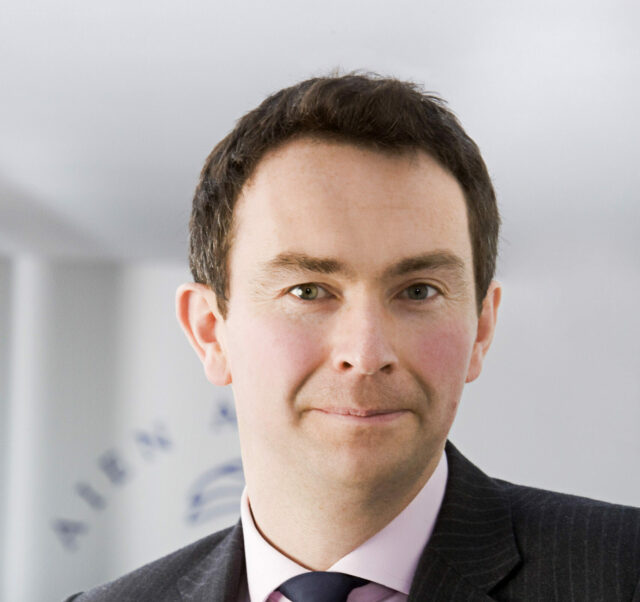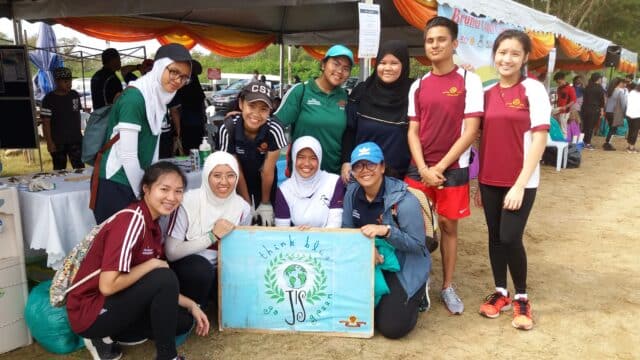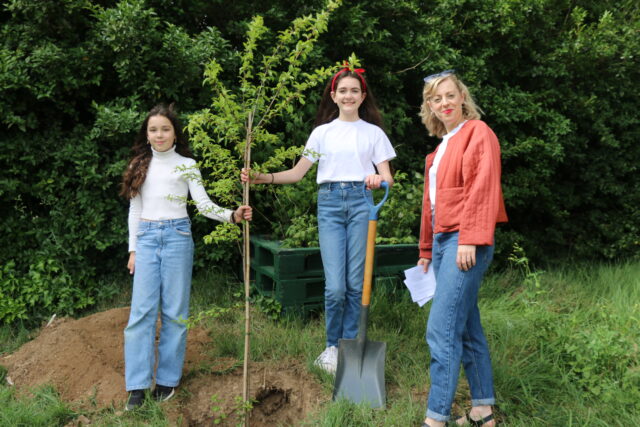Blog
Pioneering Change: Dollar Academy’s International Sustainability Diploma

Ian Munro
Rector of Dollar Academy
Read the blog
Revolutionising Education: How Dollar Academy’s new International Sustainability Diploma is Leading the way in when it comes to Educational Reform
I believe that many independent schools can, and should, work harder for the overall good of education. Scotland’s well intentioned national discussion on education, prompted by reports from the OECD, Ken Muir and Louise Hayward, have made clear that there is certainly room for development and innovation when it comes to how we educate our youngsters. This is, therefore, not a moment for procrastination.
Back in 2021, Dollar Academy launched FIDA – The Futures Institute at Dollar Academy – as a pioneering initiative to tackle three fundamental challenges in education – providing equitable access and closing the poverty related attainment gap; finding compelling alternatives to traditional teaching and exam systems; and addressing sustainability. With a contemporary curriculum, built with experts from industry and higher education and centred around the 17 UN SDGs, FIDA gives students from all backgrounds the knowledge, skills, and mindset required to tackle an uncertain future. A fully charitable initiative, it provides all young people across the country the opportunity to access free best-in-class educational opportunities.
Thousands of young people have participated in FIDA courses and we have over fifty partners school in local authorities across the country ranging from Shetland to Dumfries. Some of FIDA’s online content has been viewed over 75,000 times. The appetite is undoubtedly there for a different type of educational experience.
So we have pushed on, and recently announced the launch of our International Sustainability Diploma, which crucially has been nationally/internationally accredited at Level 6, which is the same as a Scottish Higher. This carries UCAS points, enabling progression to further and higher education, as well as international recognition.
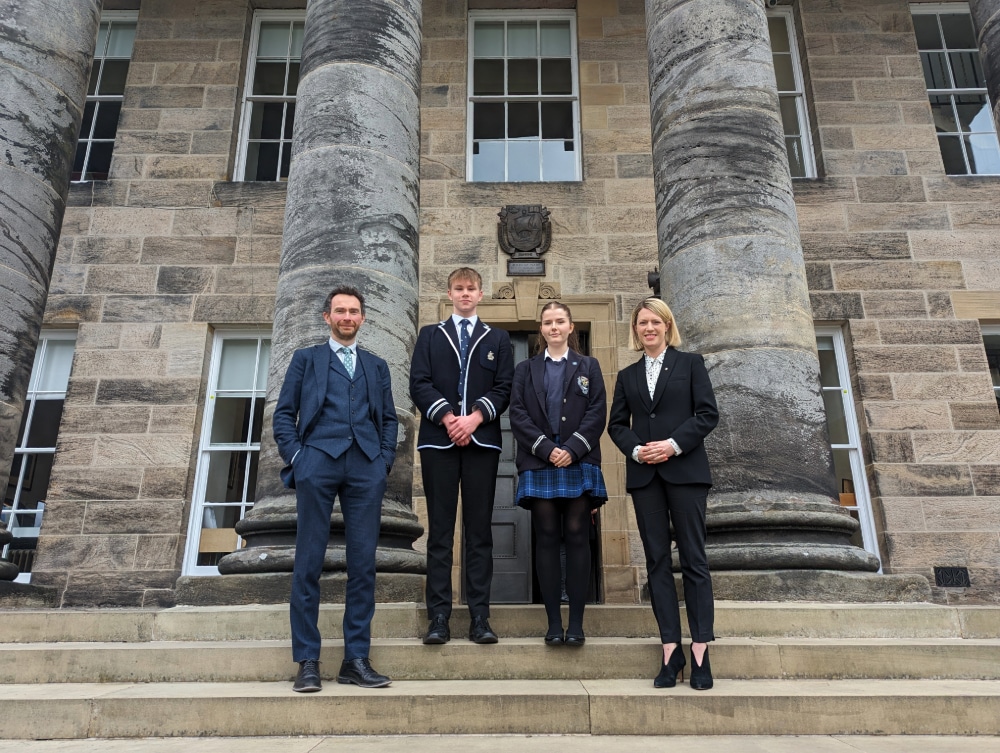
L-R – Ian Munro, Rector of Dollar Academy and FIDA founder and Dollar Academy pupils Fraser and Laurie, form VI, meet Cabinet Secretary for Education, Jenny Gilruth
In addition to building students’ knowledge and understanding of the complex social, environmental, economic and political aspects of sustainability, the Diploma develops important skills such as independent research, problem-solving, critical thinking, collaboration and communication. Entrepreneurship is a golden thread that runs throughout the programme, and this element is co-delivered with the University of Stirling.
Instead of examinations, students build a portfolio of work and have opportunities to present this throughout the year. Students begin by exploring the concepts of sustainability through the UN SDGs and create a social media campaign to raise awareness of an SDG of their choosing. They also undertake a ‘design sprint’ challenge to learn the principles of Design Thinking – a method for solving problems that puts the user at the centre of the process, and involves adapting solutions in response to research, testing and feedback.
They then go on to choose three ‘Global Challenge’ projects from a range of options, each rooted in the SDGs – for instance, designing a new wave-powered method for water desalination, an app to support people experiencing climate anxiety, or a monument to make a statement about modern slavery. In each case, students research the issue and the needs of their target users or audience, generate ideas, and, through a process of feedback and testing, develop and refine their solution. Students have the opportunity to build and develop their skills as they move from one project to the next.
Finally, students learn about the crucial role of business and social enterprise in achieving the SDGs. They select one of their three project outcomes to develop further as a business or social enterprise, working with the Enterprise Team from the University of Stirling. Students present their proposal and have the opportunity to receive feedback from entrepreneurs.
The International Sustainability Diploma will be piloted in six schools next session, including state schools ranging from Inverness and Speyside through to the central belt of Scotland. One of these schools, Inverness Royal Academy, have described the qualification as “possibly one of the most important courses we could offer our pupils”.
FIDA secured Scottish Government funding to support the credit-rating of the Diploma onto the Scottish Credit and Qualifications Framework (SCQF), and furthermore, the Cabinet Secretary for Education in Scotland recently visited the school to learn more about the Diploma and has since publicly endorsed the development – no mean feat for an independent school!
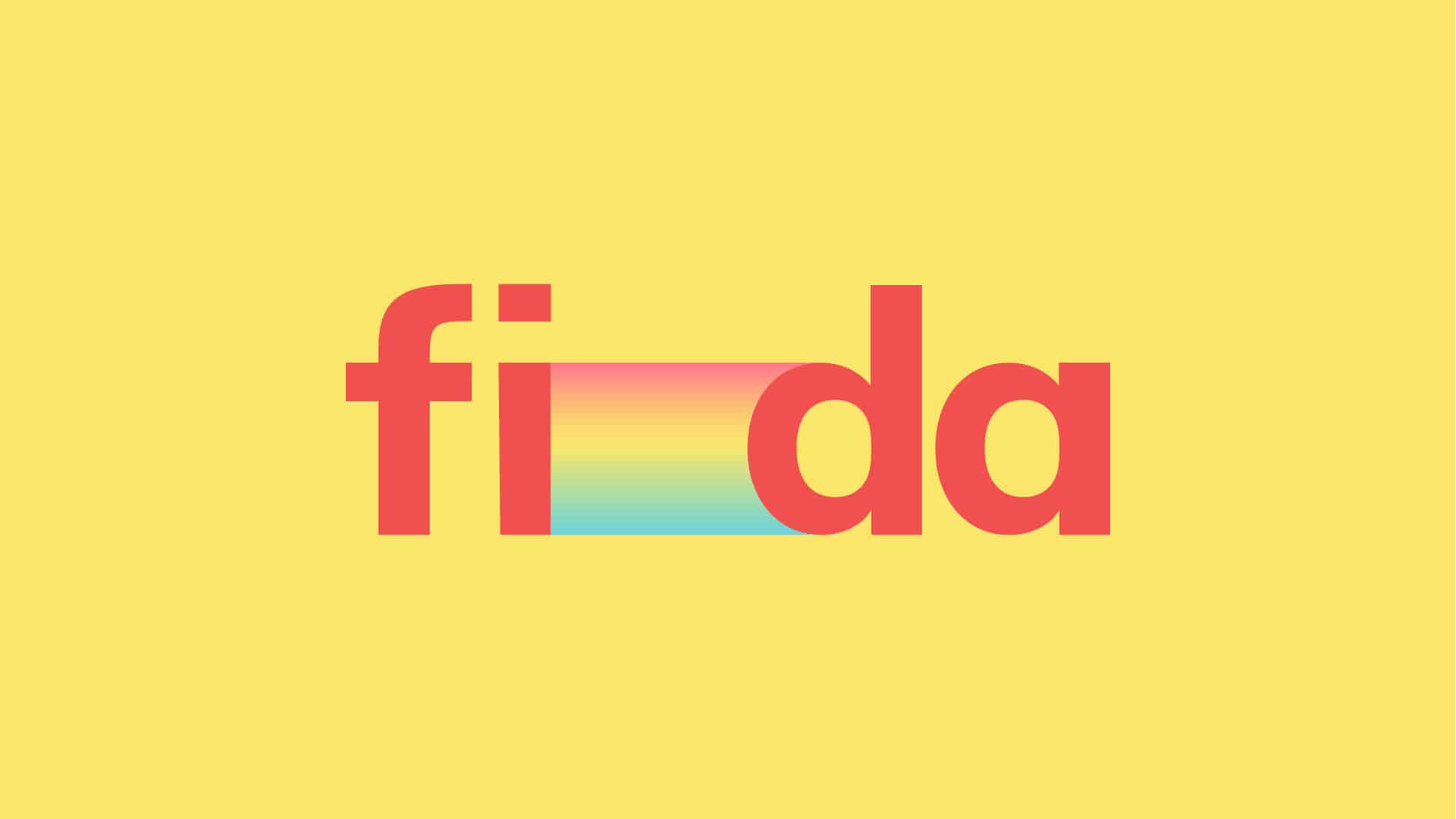
We’re proud to play our part at the forefront of curricular reform in Scotland. Almost all schools possess the ability to be transformative but empowering them and harnessing their potential remains challenging. At this crucial time when parts of our education system are reimagined, we can learn from the FIDAs of this world, who are perhaps in some regards already ahead of the curve.
You can find out more about FIDA here: https://fida.world/
